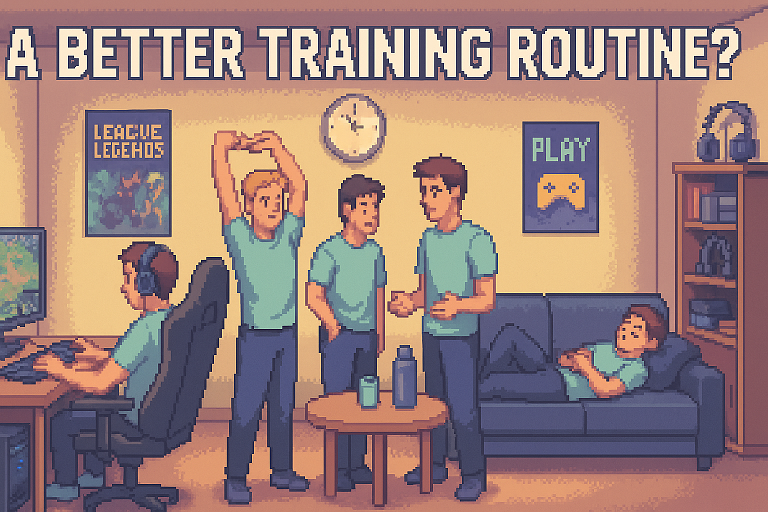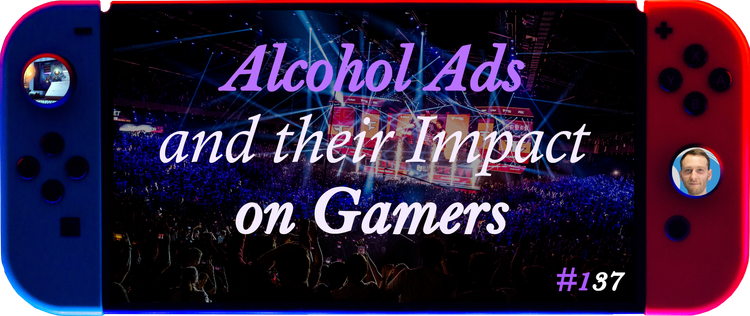A Better Routine For Progamer?

According to some progamers, current training routines may be ineffective, as they lack focus on taking breaks, improving sleep, and team activities. But is their gut feeling right? Can an improved daily routine improve individual and team factors and hence performance? If so, how could such a routine look like?
• "Standard" training practices are considered to be ineffective, by some progamers.
• A team of researchers provided a team of progamers with activities and a daily routine to improve their cognitive abilities, performance, and team-based factors (e.g., cohesion and communication).
• Players who followed the activities improved in almost all cognitive tests.
• The progamers also highlighted improved performance due to the adapted daily routine (e.g., more focus on sleep, team breaks, activities, training times).
• Team activities were mentioned to be seen specifically valuable, as they helped to have fun, relax, and improve team cohesion.
♻️ How does a "better" Training Routine look like?
According to some progamers, current practice routines are often inefficient, because they revolve around playing as much as possible and neglect aspects such as physical exercise, breaks, nutrition, and adequate sleep. This is where psychological techniques may come into play—aiming to optimize player performance, especially in the area of cognitive skills, which are essential in gaming.
In addition, in team-based games, communication and cohesion are important too. To explore whether an intervention—improved daily routine—could help with performance and team aspects, a team of researchers work with a professional Brazilian League of Legends team.
First, they conducted interviews with the team, including staff, to identify player's needs. Afterwards, demands were addressed and anxiety control techniques were provided to the team. Furthermore, a daily routine was prepared for the players: waking up, physical exercise, free time, mental activation time, LoL training, night training, free time, and at least eight hours of sleep. Once a week, players skipped train in the evening, but instead chose a group activity outside their training environment to strengthen team cohesion.
Lastly, the player's performance was measured by psychological test. After providing the results to them, the researchers suggested specific activities to improve their cognitive abilities.
🎯 Build a Smarter Gaming Routine
"Of the three players who started the first follow-up protocol, the one who most followed the proposed activities had increased in all cognitive skills that had been targeted for improvement and measured." [1]
According to the follow-up test, players who did the suggested activities improved across almost all cognitive test. Furthermore, they felt that the adapted schedule was good for them and the team, as they now had some more team time and free time. Follow-up interviews also highlighted perceived improvements in in-game performance, especially focus:
"I feel that my performance is improving slowly, especially in relation to focus; Best performance in the game; I feel more prepared when I do it right." [1]
It's worth outlining, that the team activities outside their training environment was seen by the players as a major improvement, contributing to having more fun, increasing team cohesion, and being able to relax. One player even suggested these activities should happen more frequently (more than once per week).
📓 The Takeaways
All these things aren't really new to you if you're a frequent reader. However, it's worth highlighting these aspects again and provide a basis for an improved daily training schedule; For an improved training schedule—take breaks, do team activities, get enough sleep, and follow a consistent routine.
However, take these results with a grain of salt. Why? Because the research was conducted with only one team (five players). That's not a big sample size. Furthermore, the study is from 2016, so obviously training has improved a lot in recent years in esports.
Thanks for reading, and I hope you all have a great week. Best,
Christian 🙂







